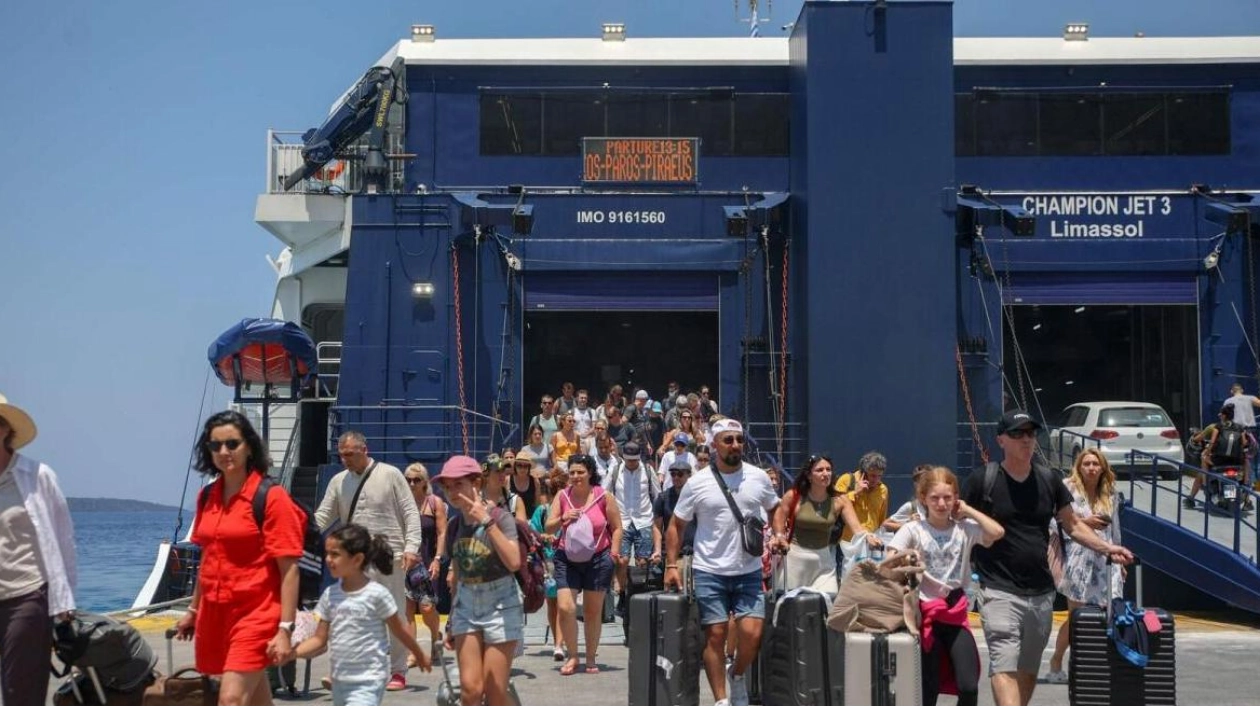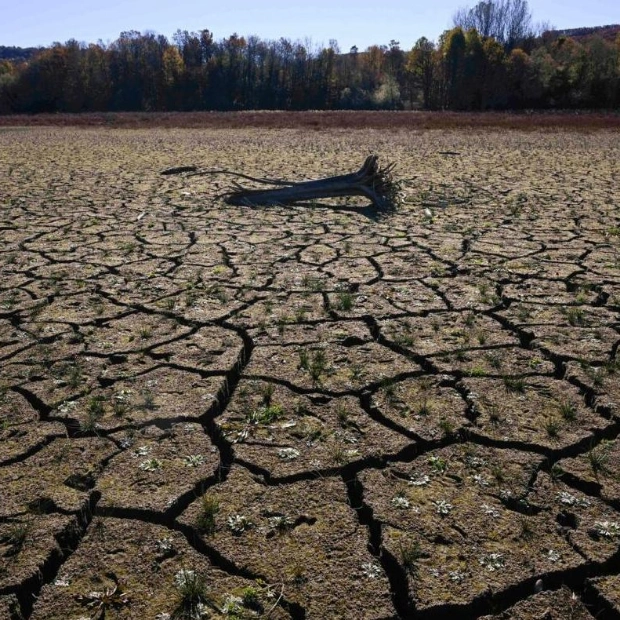Greek Prime Minister Kyriakos Mitsotakis declared on Sunday that a fee of 20 euros will be levied on cruise passengers visiting the renowned islands of Mykonos and Santorini. The tourist hotspot of Santorini, known for its volcanic caldera, is a preferred stop for cruise ships, featuring its iconic sea-blue church domes and globally acclaimed sunsets. However, during peak tourist seasons, parts of the island are approaching saturation, prompting authorities to contemplate various restrictions.
When questioned about overtourism at the Thessaloniki International Fair, Mitsotakis acknowledged that Greece faces a tourism-related issue in certain destinations during specific weeks or months of the year. He emphasized that the cruise industry has significantly impacted Santorini and Mykonos, hence the introduction of the 20-euro fee. According to the Hellenic Ports Association, approximately 800 cruise ships brought around 1.3 million passengers to the island last year, which has a resident population of just 15,500.
A record 32.7 million tourists visited Greece in the previous year, with approximately 3.4 million, or one in ten, visiting the island. Mitsotakis stated that the government would also take a proactive approach in managing the number of ships arriving at a particular destination simultaneously. He underscored the importance of adhering to sustainability guidelines in all future developments. "We need to impose limits on islands where we believe the infrastructure is being severely tested," he told reporters.
In a summer interview with AFP, Tourism Minister Olga Kefalogianni also highlighted the necessity of setting quotas, with local authorities already planning to cap the number of cruise passengers at 8,000 per day starting next year for Santorini. "It's unfeasible for an island like Santorini to accommodate five cruise ships arriving at once," she remarked. Nevertheless, the prime minister cautioned that it would be perilous to portray Greece as a nation unfriendly to tourism. Tourism contributed 13% to Greece's GDP in 2023, and the country, with its pristine waters, has firmly re-established itself on the global travel map following a decade-long debt crisis and the Covid-19 pandemic.
Despite deadly fires and an extended heatwave last year, Greece welcomed the highest number of visitors ever. Kefalogianni informed AFP that 2024 is poised to be another record-breaking year for tourism.






